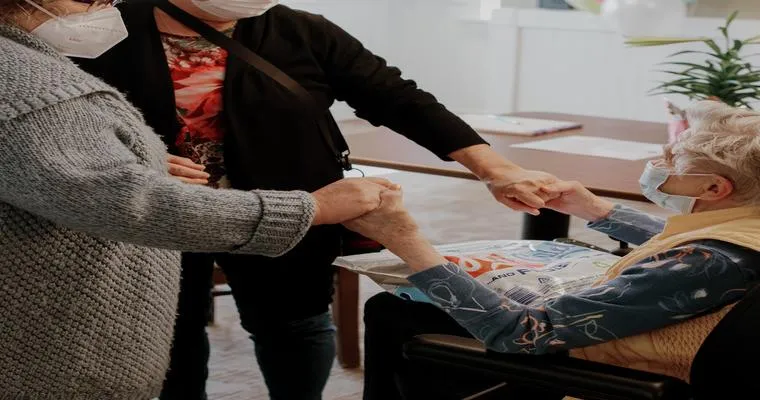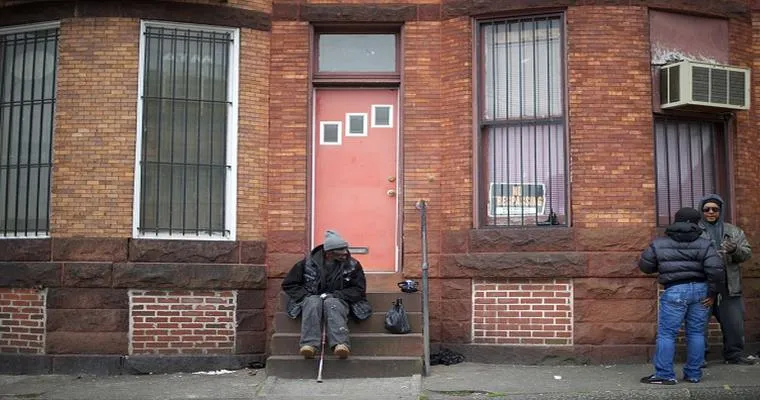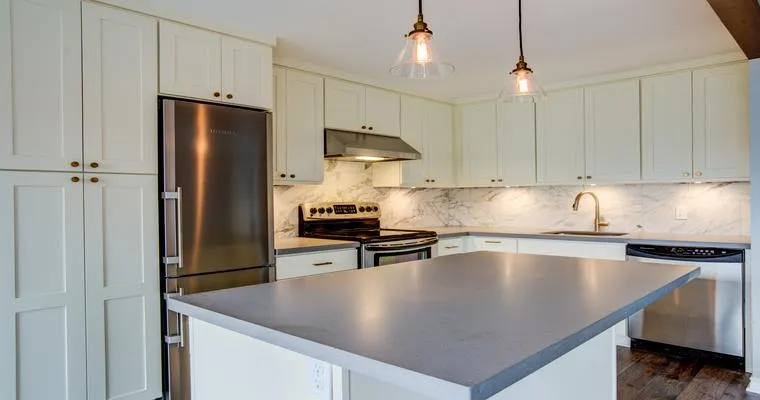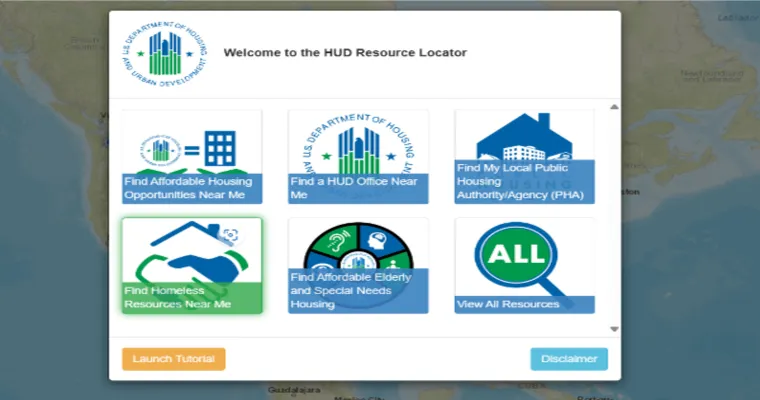In today's world, "senior care" has evolved dramatically, moving away from the image of the dreaded "nursing home" that many people associate with negative experiences. Modern options for elderly care focus on enhancing the quality of life for seniors, providing them with a sense of "independence" and "dignity" while ensuring their safety and well-being. It is essential to understand that the landscape of elderly care is changing, offering a variety of innovative solutions that cater to the diverse needs of older adults.
One of the most significant shifts in senior care is the rise of "assisted living" facilities. Unlike traditional nursing homes, these communities offer a more home-like environment where residents can maintain their independence while receiving the support they require. Assisted living facilities provide services such as meal preparation, housekeeping, and personal care, allowing seniors to live comfortably without sacrificing their autonomy.
Another option gaining popularity is "in-home care". This service allows seniors to remain in their own homes, where they feel most comfortable, while receiving professional assistance. Caregivers can help with daily activities like bathing, cooking, and medication management, ensuring that seniors have the support they need without the need for relocation. In-home care not only promotes familiarity and comfort but also encourages seniors to maintain their social connections and routines.
Technology also plays a crucial role in the transformation of senior care. Innovations such as "telehealth services" and wearable health monitoring devices enable seniors to receive medical attention and stay connected with healthcare providers without leaving their homes. These advancements not only improve health outcomes but also provide peace of mind for both seniors and their families.
For families seeking care options, understanding the various types of facilities and services available is essential. "Memory care" facilities, for instance, specialize in caring for individuals with Alzheimer’s and other forms of dementia. These facilities are designed to provide a secure environment and tailored activities that promote cognitive function and emotional well-being.
Moreover, many communities are now focusing on "aging in place" initiatives. This approach encourages modifications to seniors' homes, making them safer and more accessible. Simple changes such as installing grab bars, improving lighting, and removing tripping hazards can significantly enhance the quality of life for older adults who wish to live independently.
It is also important to recognize the role of socialization in senior care. Many modern facilities and programs emphasize community engagement and connection. Activities like group outings, fitness classes, and arts and crafts not only keep seniors active but also foster meaningful relationships, reducing feelings of isolation and loneliness.
In conclusion, the concept of senior care has transformed dramatically from the traditional nursing home model. With options like "assisted living", "in-home care", and "memory care", along with technological advancements and a focus on social engagement, families now have the opportunity to choose care solutions that best fit their loved ones' needs. The future of senior care is bright, emphasizing wellness, independence, and a fulfilling lifestyle for older adults. By exploring these options, families can find a care solution that reflects a more compassionate and modern approach to aging.





